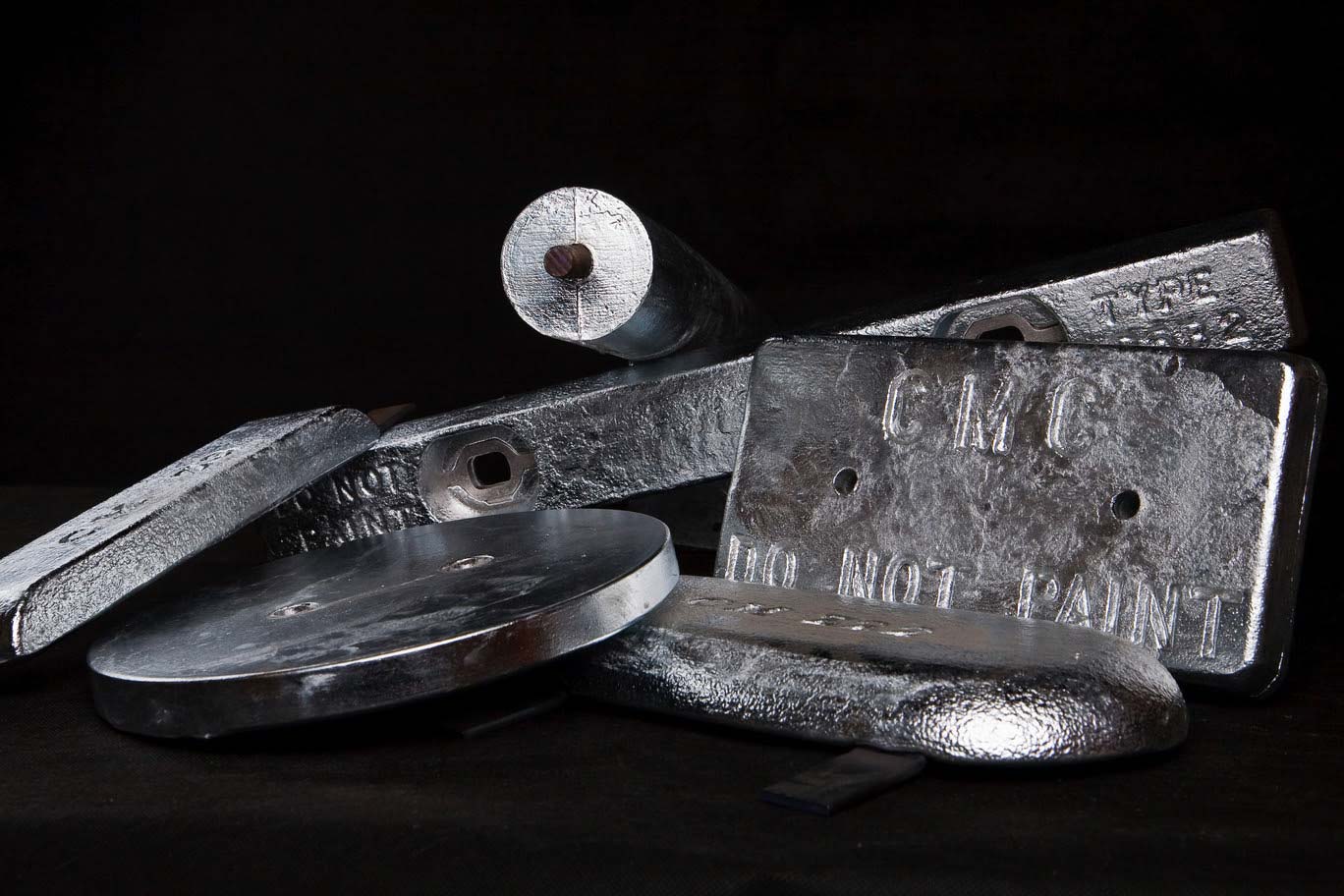When it comes to marine anodes, zinc was the top standard option for a long time. While they are still popular, zinc anodes are now one of a wider array of different options that can fit your needs. However, what is the best fit for you? Here’s what you need to consider.
Marine Anodes: The Roles
A sacrificial anode is essentially designed to keep other parts of a boat from dissolving by corroding at a faster rate, hence the name “sacrificial.” This is done by the practice of galvanic corrosion, which happens when two metals with different electrical activity levels are in the same liquid. The sacrificial anode, say, a marine zinc anode is a third metal that’s more electrically active than the other metals. As a result, it dissolves while the rest of the boat components are protected. This can help you expand the lifespan of a vessel for a greater amount of time as long as the anodes stay replaced.
The Metals
So, with that in mind, what are the ideal marine anodes to work with? Zinc is the ideal option for seawater for a few reasons. First is the availability. While this isn’t as big an issue as it was historically, zinc anodes are still more common than the alternatives like aluminum and magnesium, which means greater supply and cheaper prices.
Practically, in seawater, zinc is a better option compared to magnesium because it lasts longer. Magnesium, by nature, is so conducive that it can corrode down in a matter of months, almost doing its job too well. For freshwater, though, it’s preferable. Zinc can build up a coating in freshwater that diminishes its effectiveness in terms of protection. Because aluminum is in the middle of these two extremes in a lot of ways, it’s good for vessels to go between saltwater and freshwater.
Timing Your Choice
So, with this in mind, say that you’re committed to zinc anodes moving forward for your sea vessel. How often do you need to go about making those replacements? Because this protection is so important, it always pays to be cautious when you plan out your replacements. A visual test you can do is looking at the size. If the anode wears down to half of its original size, it may not be able to provide protection. Even if it looks fine visually, though, most experts recommend that you change the anodes out annually. Make sure you have the ideal marine zinc anodes for your applications.












